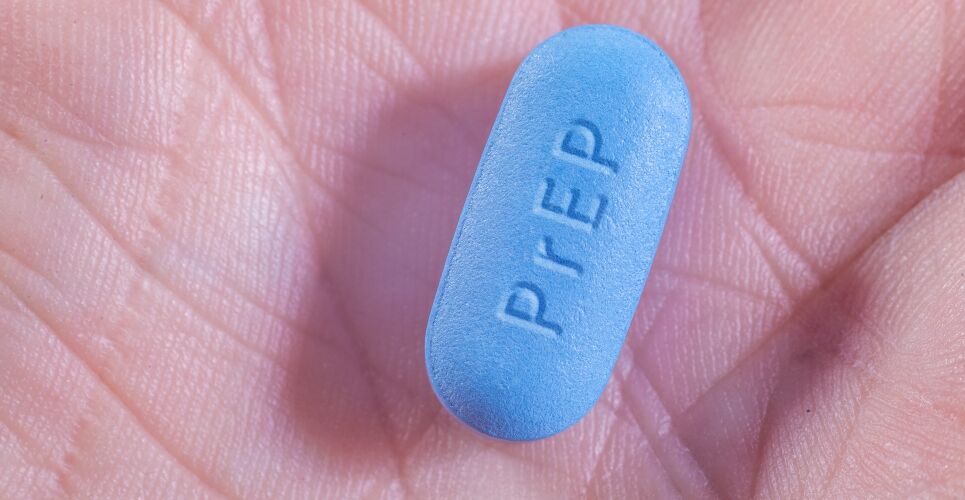HIV pre-exposure prophylaxis (PrEP) is highly effective at preventing HIV acquisition but greater provision is needed to meet the ‘large unmet need’ and maximise the potential of a national programme, say researchers who led a large trial of its use in England.
Results from the largest real-world study of PrEP provided through 157 sexual health clinics across the country found the treatment reduced the chances of getting HIV by 86%.
Reporting the findings from more than 24,000 participants in the journal The Lancet HIV, the researchers said provision of PrEP considerably reduced HIV acquisition across several years of use.
The PrEP Impact Trial was led by the UK Health Security Agency (UKHSA) and Chelsea and Westminster Hospital NHS Foundation Trust and funded by NHS England in order to inform routine commissioning of the drug, which has been in place since October 2020.
Evidence from the trial now confirms its effectiveness in the ‘real world’ but concluded there would now need to be a ‘substantial expansion’ in access, beyond the level given in the trial, the researchers said
‘Urgent work is required to ensure equity of access for all who might benefit,’ they concluded.
The paper comes as the UK Government is looking at making PrEP available in settings other than specialist sexual health services, including GP practices, in order to meet the target of zero HIV transmissions by 2030.
A road map on measures to ensure equitable access is expected from the HIV Action Plan Implementation Steering Group by the end of this year.
Dr John Saunders, UKHSA deputy head of programme delivery and service improvement for STI and HIV Division, said: ‘This trial has further demonstrated the effectiveness of PrEP in preventing HIV transmission and has, for the first time, shown the protective effect reported by earlier trials, but at scale and delivered through routine sexual health services in England.
‘Now we know just how effective PrEP is in real-world settings, substantially reducing the chance of acquiring HIV. It’s vital that all those who can benefit from PrEP can access it. HIV testing and PrEP is available for free from sexual health services.’
John Stewart, national director for specialised commissioning at NHS England and co-chair of the PrEP Impact Trial Oversight Board, said: ‘Not only did the trial directly prevent many cases of HIV, help normalise the use of PrEP, remove stigma and pave the way for a routinely commissioned clinically and cost-effective PrEP service; but it also made a very real contribution towards our goal of ending new cases of HIV by 2030.’
Professor Kevin Fenton, the Government’s chief advisor on HIV and chair of HIV Action Plan Implementation Steering Group, said PrEP was a ‘powerful tool that reduces the risk of acquiring HIV’.
He added: ‘Expanding access to, and the uptake of, PrEP is key to our ambition to end HIV transmission in England by 2030, and a public health priority.’
Dr Ann Sullivan, chief investigator for the PrEP Impact Trial and consultant physician in infectious diseases and HIV at Chelsea and Westminster Hospital NHS Foundation Trust, said: ‘The PrEP Impact Trial has further demonstrated the effectiveness of PrEP in preventing HIV transmission and has provided key insights, including identifying subgroups where more work is needed to increase access to PrEP and prevent HIV transmissions.
‘It is reassuring that this research has further confirmed the protective effect of PrEP reported by earlier trials, when taken correctly and delivered through routine clinical services, which will continue to shape the delivery of HIV prevention across England.‘
A version of this article was originally published by our sister publication Pulse.

